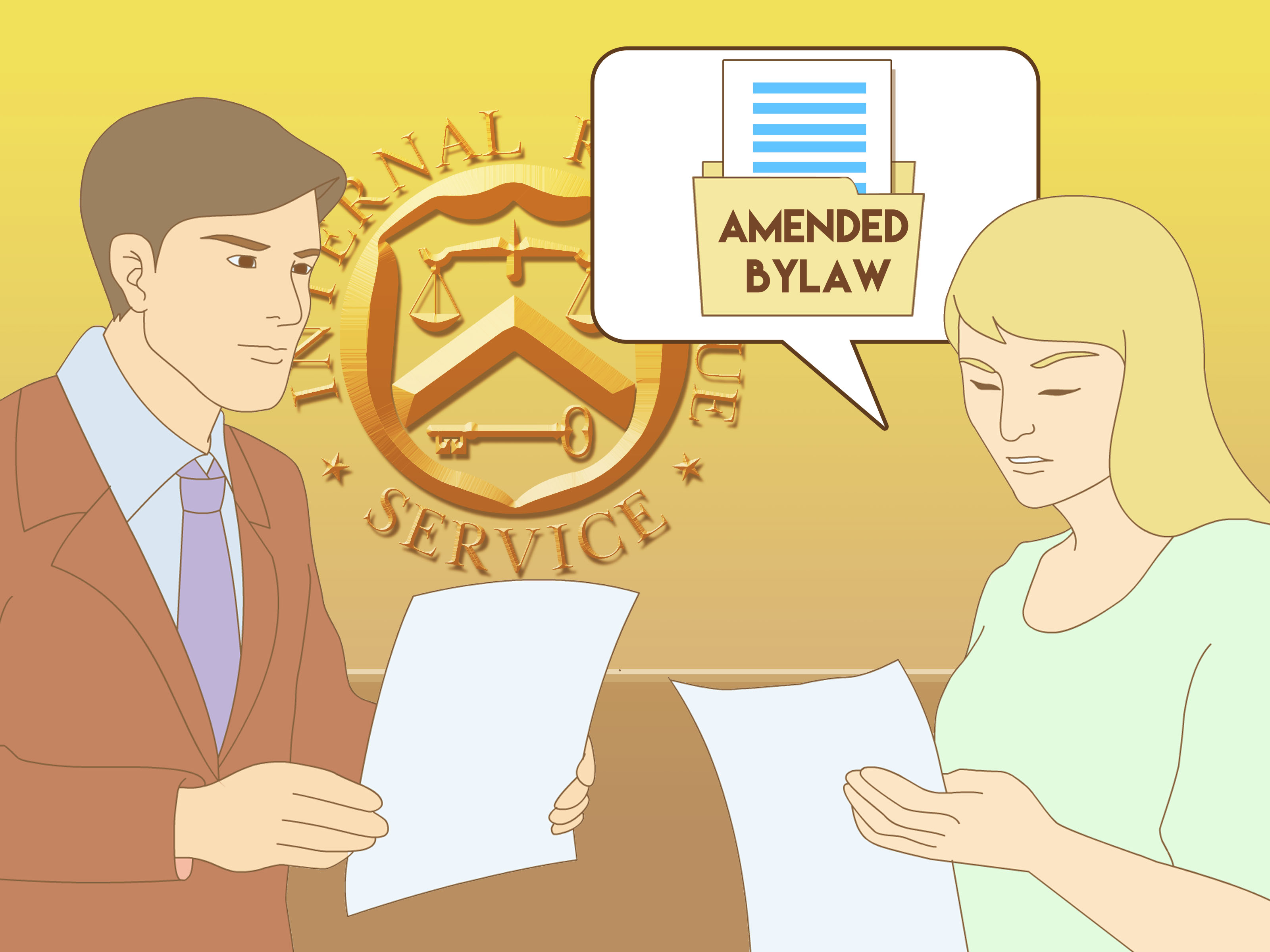

There are over 1 million condominium units in Florida. A condominium, in Florida, is created by the filing and recording of a Declaration of Condominium. The Declaration is the statutorily declared document of creation. The Declaration is more than a mere contract spelling out the rights and obligations of the parties. It sets forth the extent and limits of the enjoyment and use of real property and the individuals use interest therein. The “Condominium Documents” which generally refer to the Declaration of Condominium, Bylaws, Rules and Regulations, and other important documents govern a Florida Condominium. The “Condominium Documents” are created at the time the property is submitted to the condominium form of ownership. In addition to the “Condominium Documents”, applicable Florida law governs the Florida Condominium. Specifically, Chapter 718 of the Florida Statutes provides for the operation and governance of the Condominium.
Since many condominiums in Florida were created 20 or more years ago and Florida condominium law has been constantly evolving many “Condominium Documents” are now out of date. That is, they do not include many of the limitations and powers provided in Chapter 718 of the Florida Statutes. As such, many Associations have become interested in amending their “Condominium Documents” or at least analyzing the benefits of amending the Documents.

The Declaration of Condominium may provide a method for its own amendment. Thus, it is extremely important that the Declaration is carefully reviewed to determine if a method of amendment is set forth in the Declaration. If it does not, Section 718.111 of the Florida Statutes provides that the owners of not less than two-thirds of the units may approve an amendment to the Declaration.
Section 718.111 of the Florida Statutes provides that no provision of the declaration may be revised or amended by reference to a title or number of a provision. Instead, proposals to amend existing provisions of the Declaration must contain the full text of the provision to be amended; new words shall be inserted in the text and underlined; and words to be deleted shall be lined through with hyphens. However, if the proposed change is so extensive that this procedure would hinder the understanding of the proposed amendment than a notation immediately proceeding the proposed amendment may be used instead. The notation shall use substantially the following language: “Substantial rewording of declaration. See provision for present text.”
Amendments must be evidenced by a certificate executed with the formalities of a deed, and shall include the recording data identifying the Declaration, and the certificate shall be signed and acknowledged by the Association responsible for the operation of the condominium. The amendment shall become effective when it is recorded in the public records of the county where the declaration is recorded.
In determining the enforceability of an amendment to a declaration, the test is one of reasonableness. That is, the power to amend must be exercised in a reasonable manner so as not to destroy the general plan of development. Absent irregularities, the courts will generally not involve themselves in the amendment process.
Unless explicitly provided for otherwise in the originally recorded declaration, no amendment may change the configuration or size of any condominium unit in any material way, nor may it materially change the appurtenances to the unit, or the percentage of each owner’s share of the common expenses and common surplus.
In addition to the foregoing amendment procedure, if there is an omission or error in a declaration of condominium or in other documents required by law to establish the condominium, the Association may correct the error or omission by an amendment to the declaration or other document required to create the condominium, in the manner provided in the declaration, or if none is provided, then by a vote of a majority of the unit owners. This procedure for amendment, which is set forth in Section 718.110 (9) of the Florida Statutes, cannot be used if such an amendment would materially or adversely affect property rights of unit owners. This section authorizes a simple process of amendment requiring a lesser vote for the purpose of curing defects, errors, or omissions when the property rights of unit owners are not materially or adversely affected. In addition, pursuant to Section 718,110 (10), if there is an omission or error in a declaration of condominium, or other document required to establish the condominium, that would effect the valid existence of the condominium and that may not be corrected by amendment, then the Circuit Courts have jurisdiction to entertain petitions of one or more unit owners, or the association, to correct the error or admission.

The operation of an association is governed by the articles of incorporation if the association is incorporated and the bylaws of the association, which must be included as exhibits to the recorded declaration. No amendment to the bylaws is valid unless recorded with identification on the first page of the book and page of the public records where the declaration of condominium is recorded. The Bylaws may provide a method for its own amendment. Thus, it is extremely important that the Bylaws are carefully reviewed to determine if a method of amendment is set forth therein. If it does not, Section 718.112 of the Florida Statutes provides that Bylaws may be amended if the amendment is approved by the owners of not less than two-thirds of the voting interests.
Section 718.112 of the Florida Statutes provides that no provision of the Bylaws may be revised or amended by reference to a title or number of a provision. Instead, proposals to amend existing provisions of the Bylaws must contain the full text of the provision to be amended; new words shall be inserted in the text and underlined; and words to be deleted shall be lined through with hyphens. However, if the proposed change is so extensive that this procedure would hinder the understanding of the proposed amendment than a notation immediately proceeding the proposed amendment may be used instead. The notation shall use substantially the following language: “Substantial rewording of declaration.
See provision ___ for present text.”
Section 718.112 of the Florida Statutes provides that the Bylaws shall contain certain provisions and, if they do not, shall be deemed to include those provisions. In addition, several of the required provisions permit the Bylaws to alter and or modify the requirements of those provisions. The full text of these required provisions can be found at Section 718.112 of the Florida Statutes. The following are some examples of required text:

Many Florida Condominium Associations, particularly older Associations, do not have the ability to fine unit owners for their failure to comply with the Condominium Documents. This has become a problem for may Associations who have learned that the only real way, absent a fining provision, to enforce the regulations set forth in the Condominium Documents is to engage in lengthy and expensive litigation. However, amending the Condominium Documents to provide for a fining provision can rectify this problem. Specifically, Section 718.303 of the Florida Statutes provides that if the declaration or bylaws so provide, the association may levy reasonable fines against a unit for failure of the unit owner, occupant, licensee, or invitee to comply with any provision of the declaration, bylaws, or reasonable rules and regulations of the association. 718.303 of the Florida Statutes provides the rules for the imposition of fines which should be included within the condominium documents if an amendment is undertaken. Specifically, no fine shall become a lien against the unit and no fine may exceed $100.00 per violation. However, a fine may be levied on the basis of each day a violation continues with a single notice and opportunity for hearing, provided the fine does not exceed the aggregate of $1000.00. Additionally, this section provides that no lien may be levied except after giving reasonable notice and an opportunity for hearing to the unit owner. The hearing must be held before a committee of other unit owners. If the committee does not agree with the fine, the fine shall not be imposed.
Amendments regarding lease restrictions have become very popular as many Condominium Documents are either silent or provide very limited regulation over leasing. Generally speaking the Courts will permit reasonable restrictions on leases so long as the restriction is not unlimited or an absolute restraints on alienation. The following are several examples of issues, which many associations incorporate in any amendment regarding leasing:
Associations have wide latitude in what type of reasonable restriction should be placed in their community. The following are several examples:
Through a free, no-obligation consultation, you can discuss your legal concerns with a partner of our firm. We look forward to answering your questions and seeing how we can meet your legal needs.
Call 954-476-2680 or contact us online today.